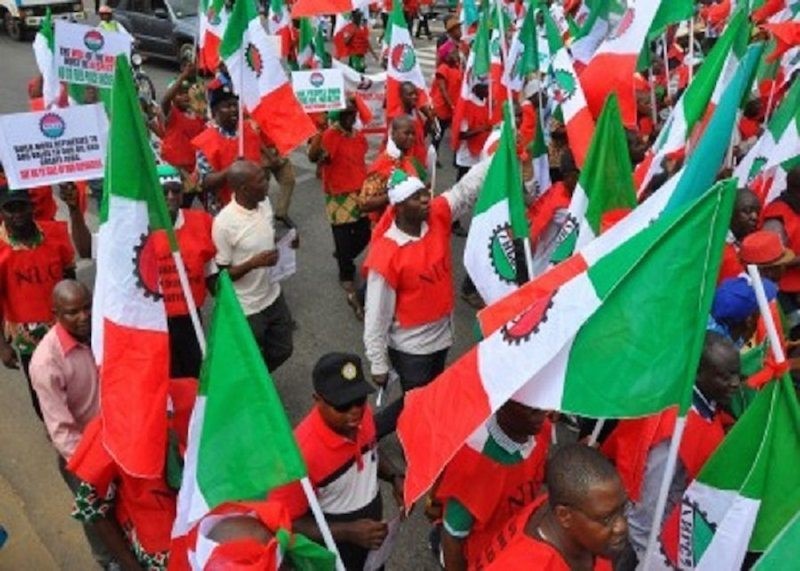Nigerian workers will mark the 2023 May Day with hunger, frustration, and disillusionment. Things have hardly been this bad for us. Making ends meet has become increasingly difficult, even for those with jobs. Inflation continues to gallop. It has risen every month this year, now standing at 22.04%, making nonsense of the already inadequate salaries employers pay us in both the public and private sectors.
Working people in the informal sector face an even more pathetic reality. Access to credit for those running micro-enterprises to grow their businesses is now so difficult. Sales are not moving because workers do not have enough money to purchase even bare necessities. And those who can only eke out a living based on what they earn on a daily basis go hungry many a night.
In the midst of all these, the history of May Day shows that we have cause for hope. But this cannot be a passive emotion. Hope for working-class people has meaning only when it ignites and keeps the flames of working-class struggle alive.
We commemorate the 1st of May every year as May Day because, in 1886, workers in the United States dared to embark on a struggle for the 8-hour workday, in the middle of a long economic depression. This set off a train of events leading to a court’s judgment to hang some workers’ leaders in Chicago, on trumped-up charges.
It is not the fault of workers that the country, and indeed the world, is facing an economic crisis. The fact is that economic crises are built into the nature of capitalist exploitation of the working class. And even during such a crisis, as we are going through now, the rich continue to enjoy, with the wealth of many of them increasing.
For example, over the last two years, the number of poor working people living in extreme poverty increased by more than 10% to 700 million people, according to the World Bank. Meanwhile, 236 people joined the ranks of billionaires in dollars.
We now have 2,640 billionaires in the world whose collective worth is a whopping $12.2 trillion. The amount of money that is needed to wipe out poverty in the world is just 1.4% of these billionaires’ wealth, annually!
In Africa, the wealth of the three richest men is more than all that the poorest 650 million people on the continent combined own. And by January 2023, the wealth of the three richest men in Nigerians is more than that of 83 million poor working people in the country.
Yet, the rich and their governments continue to urge us to tighten our belts. It is always a case of monkey dey work, baboon dey chop. We are told to be patient and wait till the next elections when different sections of the same ruling class will come and deceive us, with all of them falsely claiming that they will help improve our lot.
But the extent to which we suffer while the super-rich employers, businesspeople, and politicians are enjoying off our backs is determined by how ready we are to simply accept this state of affairs as normal, or reject it and fight back.
The Nigerian working class has a rich history of struggle. Like the Haymarket martyrs of the original May Day, we have risen time and against to fight for better working and living conditions. Nigerian workers have provided leadership for the struggles of the exploited masses against oppressive policies and for a better society.
The historic 1945 COLA General Strike laid the basis for fast-tracking self-government and ultimately formal independence from Britain. In the 21st century, we have resisted fuel pump prices with general strikes and mass protests. While we have not always fully won, we have been able to win concessions, when we fight.
This year’s May Day is a moment for reflection and action. Working-class activists must raise the battle cry for a new national minimum wage that must be a living wage, resistance to the looming fuel pump price, and struggle for a better society based on solidarity and dignified living for working-class people.
by Baba AYE









